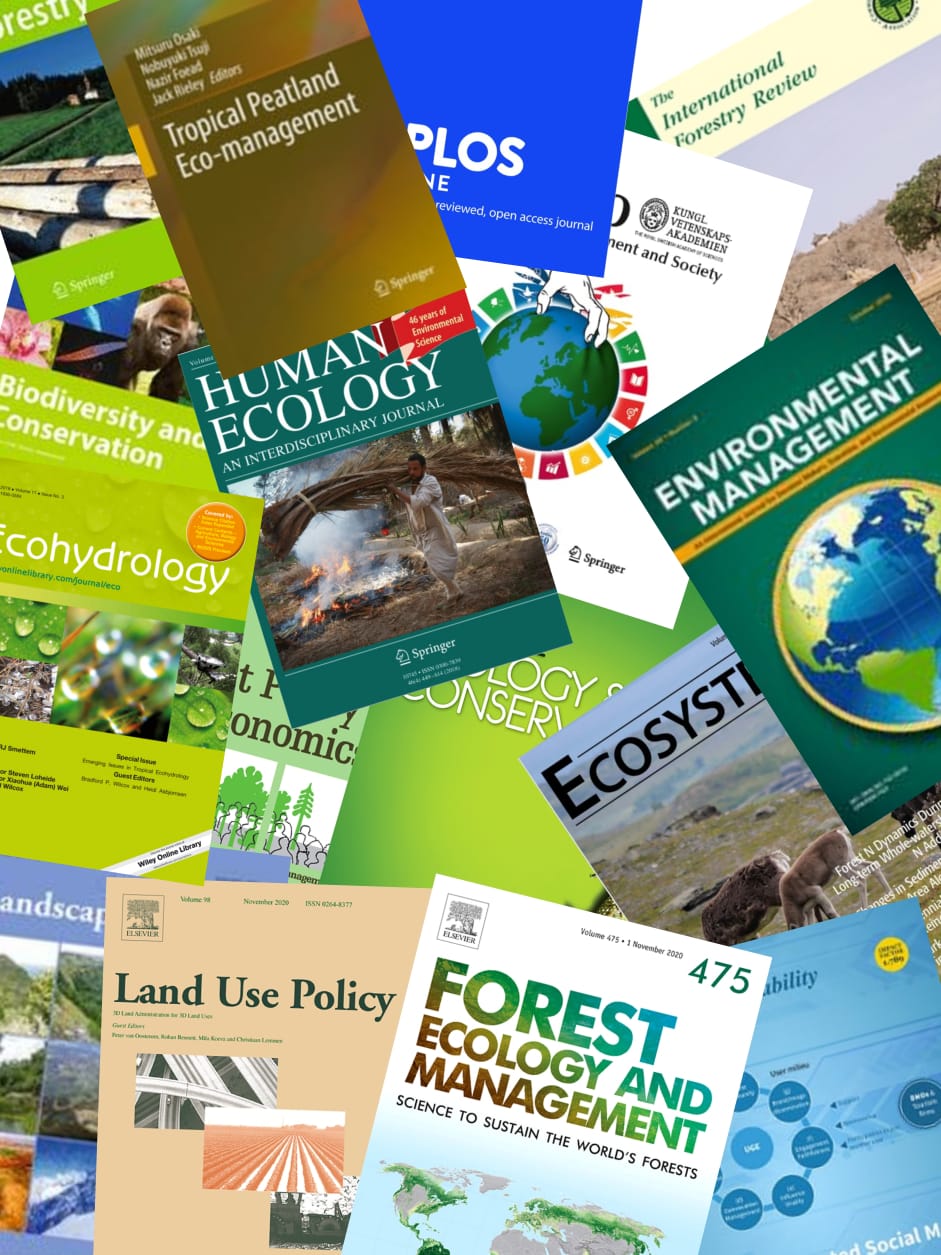Resource-based theory (RBT) has been widely used in strategic management, but only few studies apply it in the field of ecotourism. This research examines RBT in national park development in Indonesia in order to develop strategies and increase competitive advantage. Through an assessment using RBT, this study identifies and evaluates the management of Sebangau National Park (SNP) that has been known as one of the peatland national parks in the world and has been managed with the concept of ecotourism. The assessment was conducted on resources and capabilities using the methods of literature study, observations, interviews, and focus group discussions. This qualitative method targeted all actors except tourists, owing to the small sample size and hierarchical nature of the sample [including village heads, local government officials, and non-governmental organization (NGO) leaders]. The result shows that the education and training of human resources at SNP remains focused on conservation issues; consequently, it has been difficult to maximize benefit to society. This study also shows that the challenges facing the development of ecotourism in SNP are interrelated and rooted in the problem of limited resources in the region. This paper makes a theoretical contribution by applying RBT to network-shaped stakeholders.
View source

